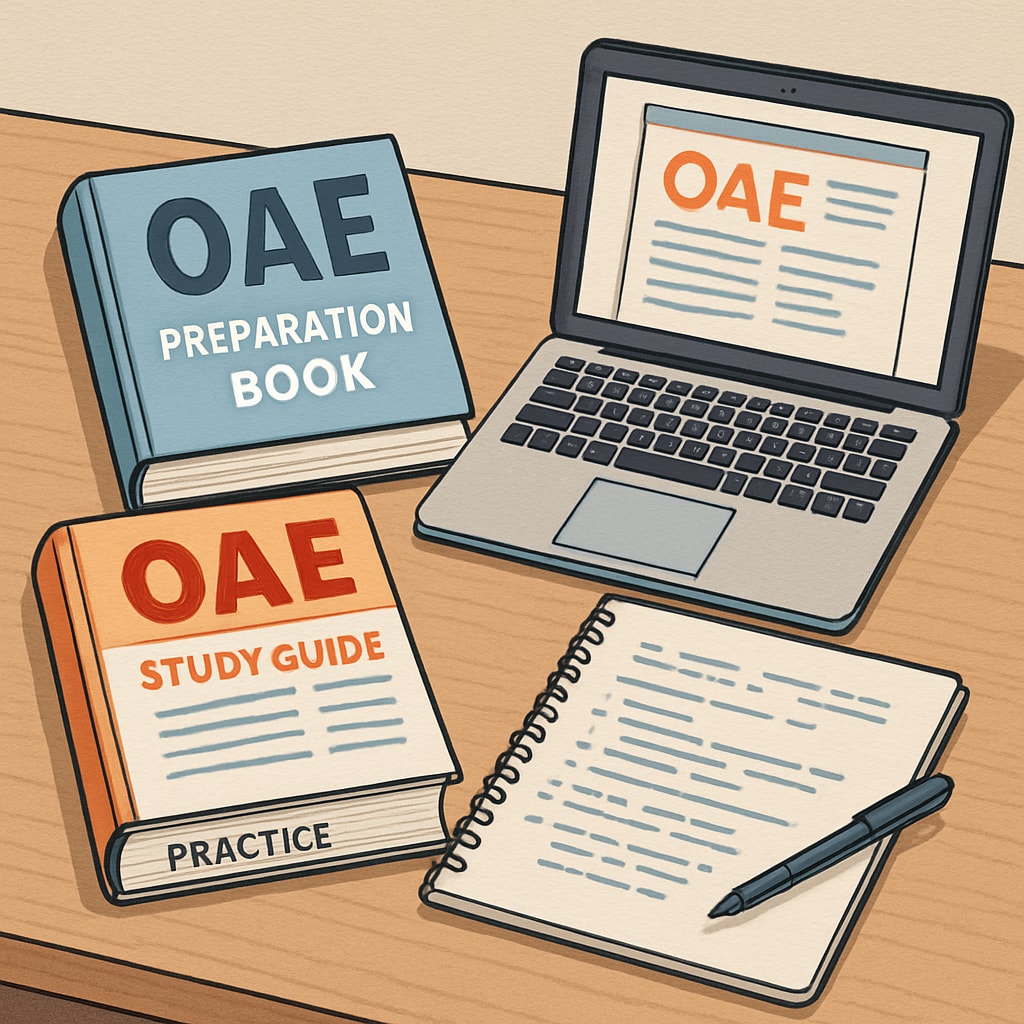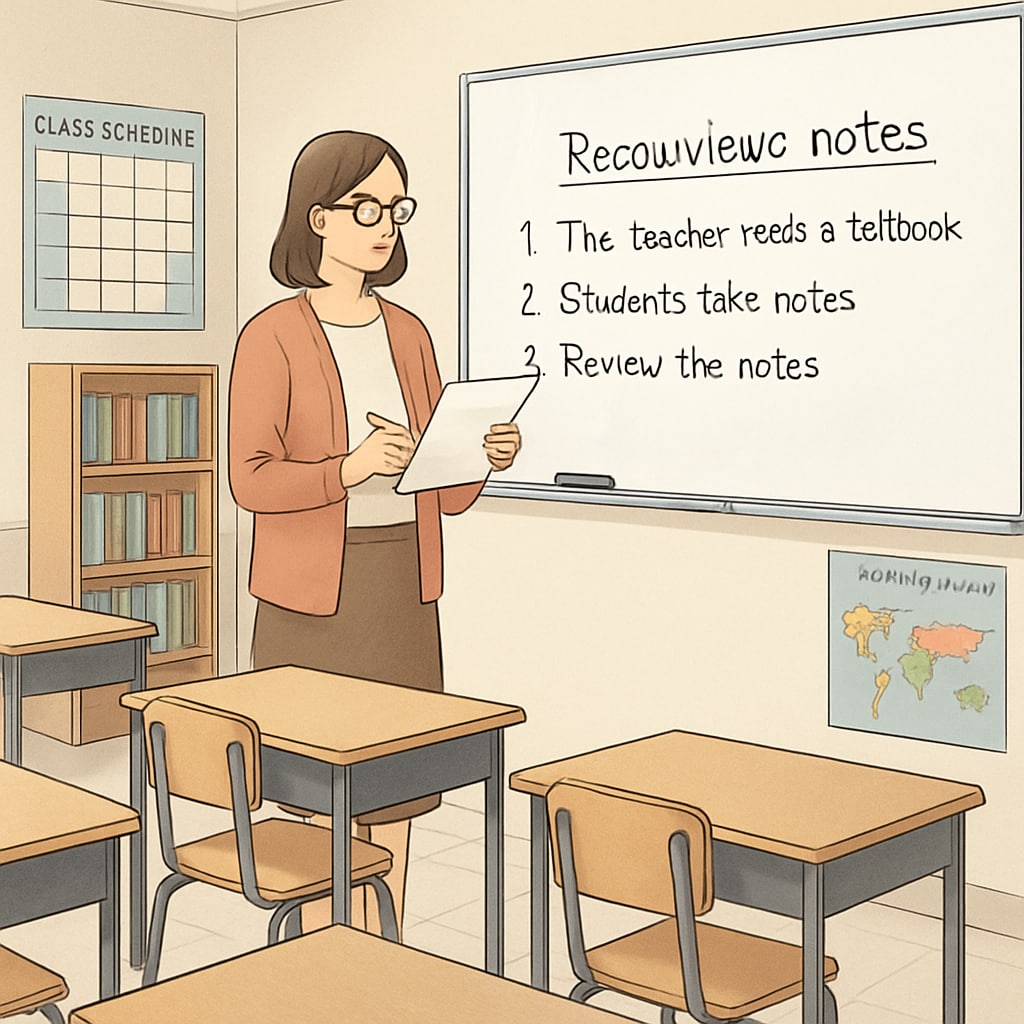For aspiring teachers in Ohio, the OAE exam (Ohio Assessments for Educators) is a critical step toward earning your teacher certification. However, preparing for this exam can often feel overwhelming, especially when coupled with exam anxiety. In this article, we provide a comprehensive guide to help you tackle the OAE exam successfully. From understanding the exam structure to managing stress effectively, this resource is designed to help you approach the test with confidence and clear strategies.
Understanding the OAE Exam: What You Need to Know
The OAE exam assesses your knowledge and skills in specific areas required for teacher certification in Ohio. For students pursuing elementary education, the test typically covers topics such as child development, instructional strategies, and subject-specific content like mathematics, science, and language arts.
Here are key components of the OAE exam:
- Test Format: The OAE exam consists of multiple-choice questions and constructed-response tasks.
- Time Allocation: Most exams are timed, with durations ranging from 2 to 3 hours.
- Scoring: Passing scores vary by subject area. It’s critical to check the specific requirements for your certification.
Understanding the exam structure is the first step in creating an effective study plan. For more details, refer to the official Ohio Assessments for Educators website.

Effective Study Strategies for the OAE Exam
Preparing for the OAE exam requires both targeted study methods and reliable resources. Below are some strategies to help you maximize your preparation time:
- Review the Test Framework: Visit the OAE website to download the test framework for your subject area. This document outlines the competencies and skills the exam covers.
- Use Practice Tests: Practice tests are an excellent way to familiarize yourself with the exam format and identify areas that need improvement. Consider using resources like Teacher’s Test Prep.
- Create a Study Schedule: Divide your preparation into manageable sections and allocate specific time slots for each topic.
- Join Study Groups: Collaborating with peers can provide new insights and keep you motivated.
Additionally, supplement your studies with online resources and books tailored to OAE preparation. For example, guides such as “OAE Elementary Education Study Guide” offer in-depth explanations and practice questions.
Managing Exam Anxiety: Practical Tips for Success
Exam anxiety is a common issue that can hinder performance. However, implementing effective stress management techniques can significantly improve your test-day experience. Here are essential tips:
- Practice Relaxation Techniques: Breathing exercises, meditation, and yoga can help reduce stress levels.
- Visualize Success: Positive visualization can boost your confidence and focus.
- Stay Physically Active: Regular exercise is proven to reduce anxiety and improve concentration.
- Get Adequate Sleep: Prioritize rest in the days leading up to the exam.
- Arrive Prepared: Ensure you know the exam location, have the necessary materials, and understand the test-day procedures.
Remember, managing anxiety is just as crucial as studying. For additional guidance on mental health during exams, visit Britannica’s article on anxiety.

Test-Day Tips and Final Thoughts
On the day of the OAE exam, follow these final tips to ensure a smooth experience:
- Eat a Healthy Breakfast: Fuel your body with nutritious foods to maintain energy and focus.
- Stay Hydrated: Bring a water bottle to the testing center if permitted.
- Arrive Early: Give yourself extra time to avoid unnecessary stress from delays.
- Read Instructions Carefully: Ensure you understand each question before answering.
Passing the OAE exam is an important milestone in your teaching journey. With the right preparation and mindset, you can overcome challenges and achieve success. Good luck, future educators!
Readability guidance: Ensure short paragraphs and bullet points are used to summarize critical information. Include transitions to maintain flow and clarity. Avoid overcomplicated language or excessive jargon.


